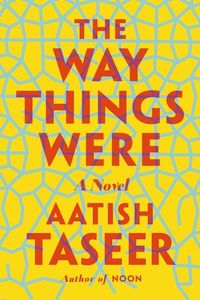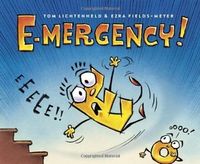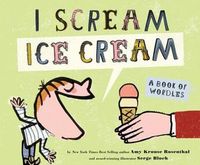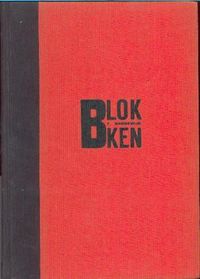
The Way Things Were
A India, Historical, Novels book. Why not stick with the Indic definition? Of Itihsa! Which is a compound, as you know, iti-ha-sa, and...
An absorbing family saga set amid the commotion of the last forty years of Indian historyThe Way Things Were opens with the death of Toby, the Maharaja of Kalasuryaketu, a Sanskritist who has not set foot in India for two decades. Moving back and forth across three sections, between today's Delhi and the 1970s, '80s, and '90s in turn, the novel tells the story of a family held at the mercy of the times.A masterful interrogation of the relationships between past and present and among individual lives, events, and culture, Aatish Taseer's The Way Things Were takes its title from the Sanskrit word for history, itihasa, whose literal translation is "the way things indeed were." Told in prose that is at once intimate and panoramic, and threaded through with Sanskrit as central metaphor and chorus, this is a hugely ambitious and important book, alive to all the commotion of the last forty years but...
Download or read The Way Things Were in PDF formats. You may also find other subjects related with The Way Things Were.
- Filetype: PDF
- Pages: 576 pages
- ISBN: 9780865478244 / 0
SkT-bAAJRi_b.pdf
More About The Way Things Were
...if we were to associate the genius of a place with one particular thing the Russians with literature, say, or the Germans with music, the Dutch and Spanish with painting we would have to say that the true genius of Ancient India was language. Aatish Taseer, The Way Things Were // ...Such a subcontinental thing to do, no? To bury what is difficult and painful in cerebral things. To let the intellect soak up the blood from a fight. This is what we do. Not because we lack sensitivity, but because we lack the right language for emotion. English has such a jealous hold over us, but it is a hard and brittle thing in our hands. It doesnt suit the easy melodrama of our natures. And it has a way of making matters of the heart seem at once inert and deeply shameful. So what do upper-class Indian men do when they are too wretched to do... I.P. was at that age when our sense of who we are, or of who we have been told we are, chafes against what we discover in our reading. And immediately a choice seems to appear: to let the reading show us the way forward, like water picking its course over unfamiliar ground; or to direct the reading, to channel the stream, so that it confirms what we already think we know. I.P. was among those few people who could do the former. He had a mind that welcomed doubt and uncertainty; he revelled in it, in fact; he was not one to ever make the perilous decision...
My first by this author. A book about the private and public lives of Delhi. Read this if you know Delhi a bit, or else, you will be lost. Sanskrit meanders through these pages. Extremely well etched characters, maybe people really close to the delhi-ite author. I wonder if this book could be non-fiction. Elegant, and yet, unsatisfying... This book shouldn't have taken me nearly as long to read as it did. But with the new baby and the new home, I wound up needing at least three weeks more to get through it than it deserved. Perhaps, without the elongated timeframe, I may have been more able to enjoy the incredibly wide swathe of Indian history the book covered. But as... A beautifully crafted book that combines a strong idea with a strong narrative. The idea is that of the timeless wisdom enshrined in India and its culture. The protagonist(s) of the book are scholars of Sanskrit and are steeped in its rich literature. Through a constant backdrop of the beauty of the Sanskrit language and illustrations...











